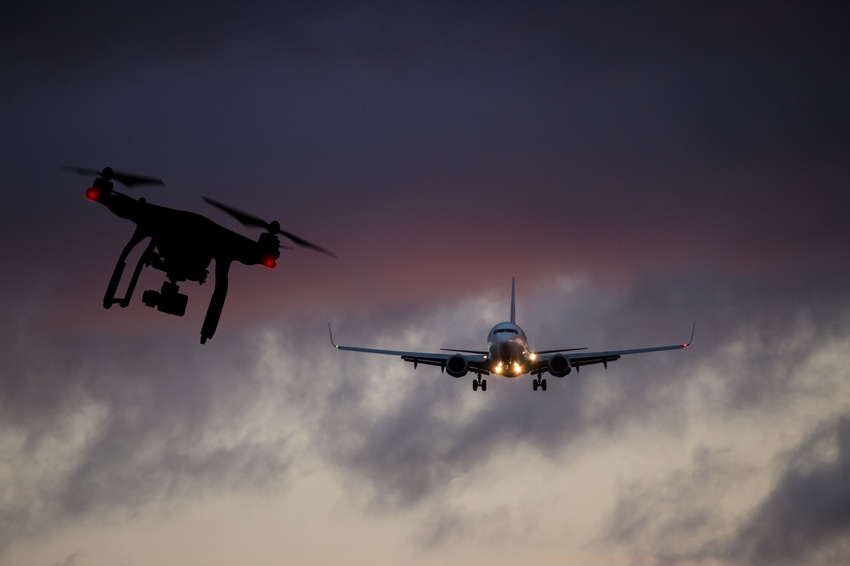UK Space Agency pumps £20 million into drone development
A new £20 million pot of cash will be made available by the UK Space Agency for future telecoms tech and aerial connectivity drone projects.
July 12, 2023

A new £20 million pot of cash will be made available by the UK Space Agency for future telecoms tech and aerial connectivity drone projects.
Companies working on such projects (examples are given as drones delivering medical supplies to hospitals, providing dedicated connectivity for emergency services, and connecting remote regions) can bid for the funding, which is part of the European Space Agency (ESA) Advanced Research in Telecommunications Services (ARTES) programme.
This follows the £50 million in ARTES funding announced in January, available for firms developing new satellite constellations, the ground systems needed to access them, or whole end-to-end systems.
Applications for a slice of the £20 million pie can be filed under three categories: Drones; High-Altitude Platform Stations (HAPS); and High-Altitude Long Endurance (HALE). Further examples of possible project types are offered as developing connectivity for aerial platforms that can switch between satellite and terrestrial networks, and traffic management for electric vertical take-off and landing (eVTOL) aircraft, or ‘flying taxis’.
This was announced by Secretary of State for Science, Innovation and Technology Chloe Smith during a speech at the opening of the European Space Agency’s new conference centre at the Harwell Space Cluster, in Oxfordshire, which houses over 100 space organisations.
She said: “From using drones to quickly get medicines to hospitals, through to boosting mobile network access in remote areas, the benefits of aerial connectivity cut through many aspects of our lives. The Government’s £20 million investment will further strengthen the UK’s fast-growing satellite communications industry, which already contributes more than £10 billion to our economy and supports over 26,000 jobs. It will improve our health and security, too, and support our plan to level up every part of the UK.”
Dr Paul Bate, Chief Executive of the UK Space Agency, added: “The new state-of-the art conference centre at ECSAT is a very welcome addition to the world-class science campus at Harwell, offering an attractive base for collaboration and networking between people working in the space sector and beyond.”
“UK Space Agency funding for the facility demonstrates our ongoing commitment to working closely with the European Space Agency to catalyse investment, deliver new missions and capabilities, and champion space across the UK – showing once again that space is a team sport.”
The new facility ‘will serve as a rallying point for the UK space community,’ we are told, and will seek to promote collaboration between Harwell Space Cluster’s health, quantum, energy and space entities.
As with most of these technology funding projects, and there are a lot of them going around of the moment, it seems to be fairly agnostic as to specifically what the desired outcome is in terms of a product. But that’s perhaps the nature of these things – they bring the cash and the industry brings the ideas. How soon we are likely to see ‘flying taxis’ buzzing about overhead as a result however remains to be seen.
Get the latest news straight to your inbox. Register for the Telecoms.com newsletter here.
About the Author(s)
You May Also Like











_1.jpg?width=300&auto=webp&quality=80&disable=upscale)


.png?width=800&auto=webp&quality=80&disable=upscale)